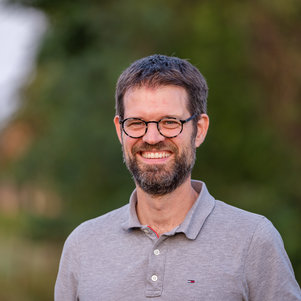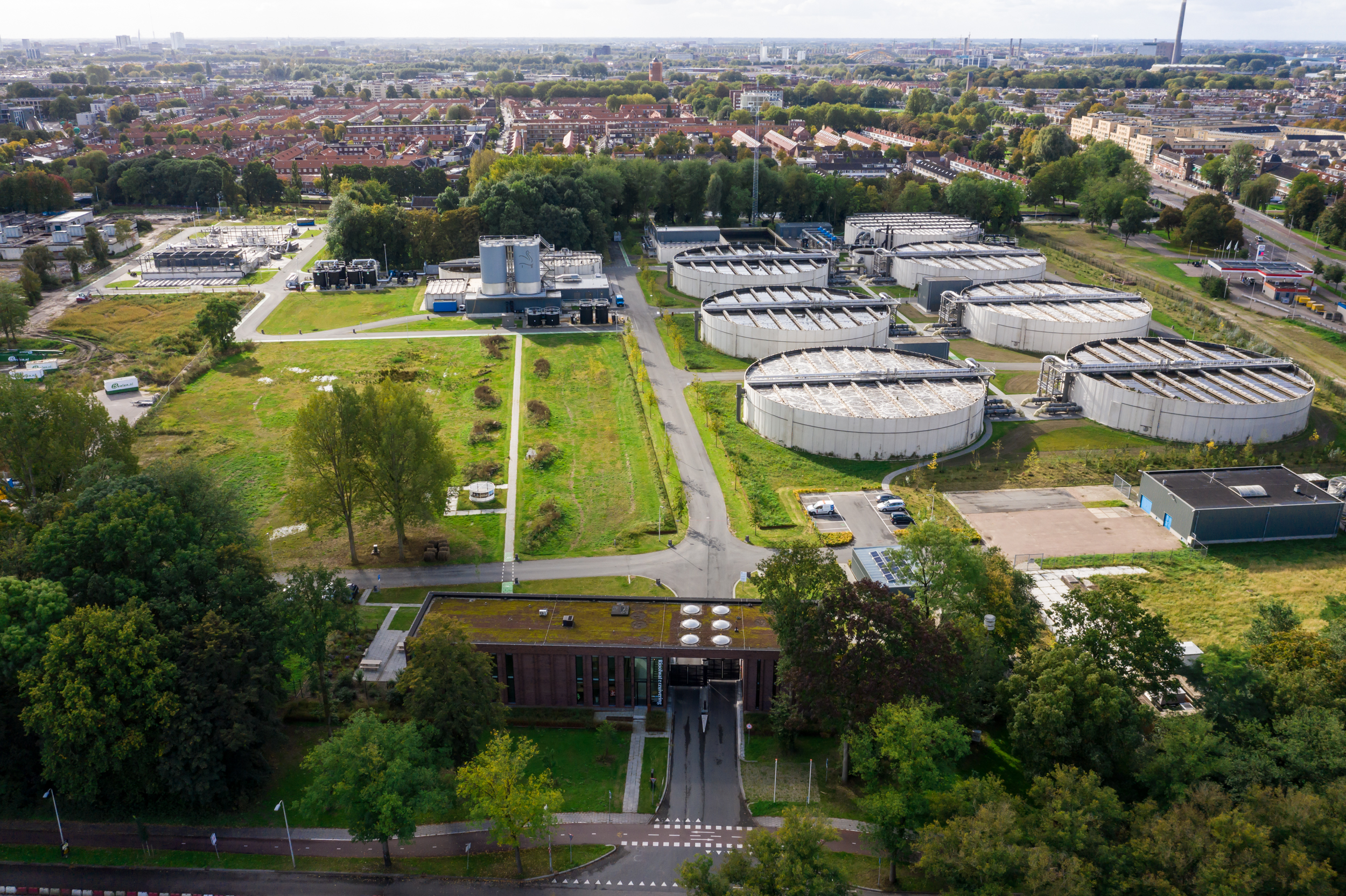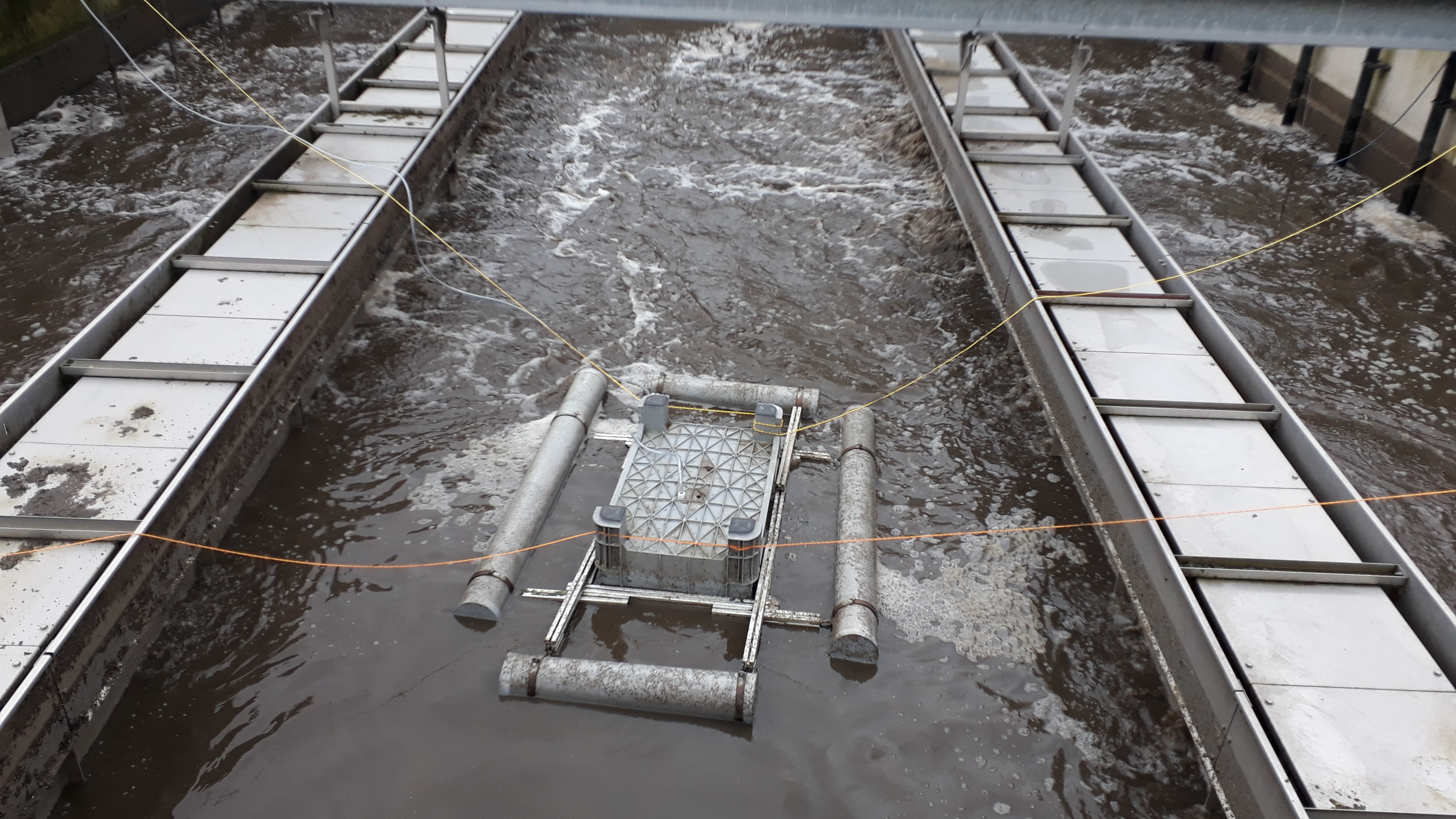Cleaner and eco-friendlier wastewater
PhD candidate Edward van Dijk is defending his thesis on the Nereda® wastewater treatment technology today. He combined his doctoral programme with his work at Royal HaskoningDHV, where he is doing research into water treatment installations that convert wastewater into clean surface water. Van Dijk: “This research has provided us with a better understanding of the technology involved, which in turn allows us to build even smaller installations that produce cleaner water with a smaller CO2 footprint.”
Edward van Dijk is an external doctoral candidate: during the past four years, he combined working as a senior researcher at the engineering firm of Royal HaskoningDHV (RHDHV) for four days a week with one day at TU Delft, in order to further elaborate on the research he was doing at RHDHV and provide it with greater scientific depth.
“Since 2015, together with Mario Pronk, I have been pushing the R&D programme for the Nereda water treatment technology forward at RHDHV”, Van Dijk says. “Once Mario got involved, we were able to carry out more and better research, particularly in cooperation with TU Delft. Various research activities took place at the bachelor, master, and PhD levels, in which I played a supervisory or implementing role. At a certain point in time, the idea arose that, if I was doing so much research, I should be able to also combine it with my own doctoral programme. And that is what actually happened.”
Bacteria in granules purify water
“We have been purifying our wastewater with the help of bacteria for over 100 years”, explains Van Dijk. “In the case of water from the sewage system, this is done in wastewater treatment facilities all over the world that convert polluted water from sewage systems into clean surface water. The bacteria usually grow in flocs. In the 1990s, research carried out by professor Mark van Loosdrecht allowed us to grow these bacteria in granules. This has the advantage that we can obtain significantly higher concentrations of bacteria in the installations and can therefore build more compact installations.”
Over the past 20 years, RHDHV has launched the practical application of this so-called aerobic granular sludge technology under the name Nereda®. Soon, the 100th field installation will be built. However, many of the underlying principles of the practical process are still unknown. Van Dijk: “I investigated these underlying principles in my PhD research: Which mechanisms lead to the formation of granules? How do the granules settle? Which processes result in the formation of floating scum in the treated wastewater, and can we prevent the formation of nitrous oxide? This research has provided us with a better understanding of the aerobic granular sludge process, which in turn allows us to build even smaller installations that produce cleaner water with a smaller CO2 footprint.”
More effective water treatment
According to Van Dijk, the work he was doing remained largely the same: “The focus was on improving the Nereda process. The biggest change was that I was given the opportunity to learn from the people around me at TU Delft. People like Mark and Mario taught me to approach research somewhat differently and to become more knowledge-driven with regard to practical applications.”
The collaboration between TU Delft and RHDHV was and is a win-win situation for both parties, says Van Dijk. “From RHDHV, we bring problems from the real world to be researched at the university, which in turn leads to new research, publications, and patents. And from the university, we bring new ideas and new knowledge, via RHDHV, to the real world, which in turn leads to more effective water treatment and new applications. My research was a good example of this, as it resulted in four publications in Water Research, one patent application, a great many Master’s theses, and ultimately a better quality of treated wastewater and more compact installations. I also made an important contribution to the PhD research of Viktor Haaksman, which resulted in a completely new application of aerobic granular sludge.”


